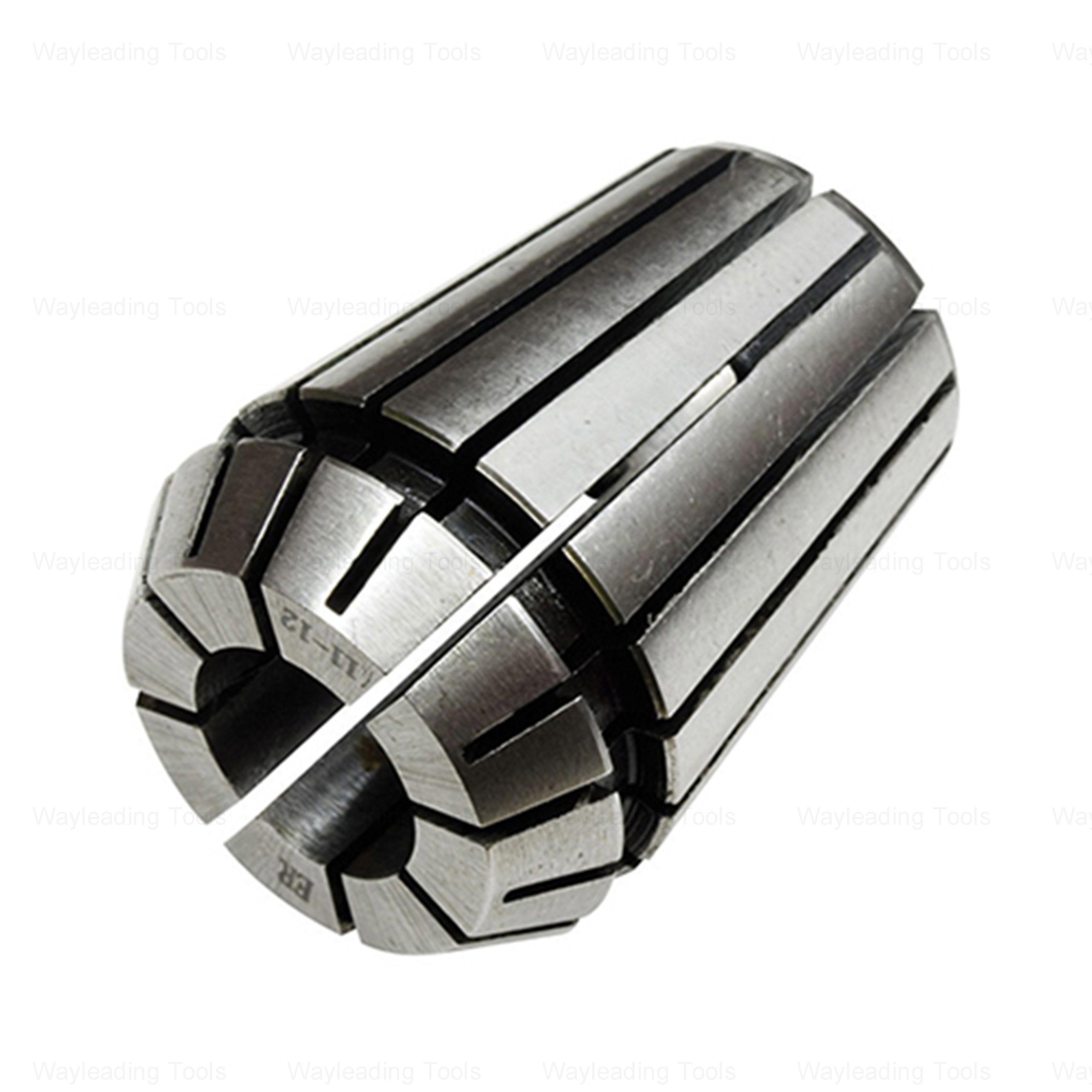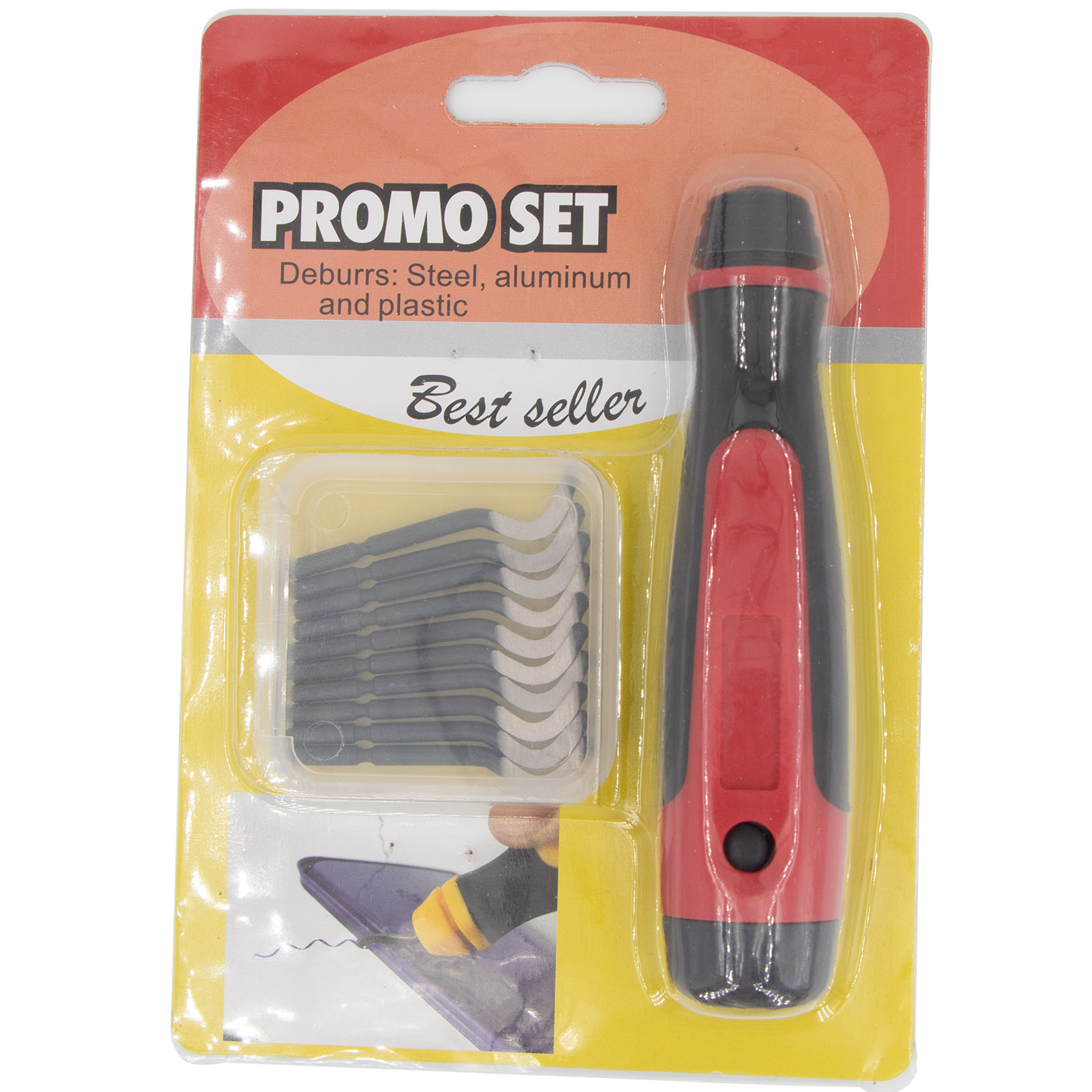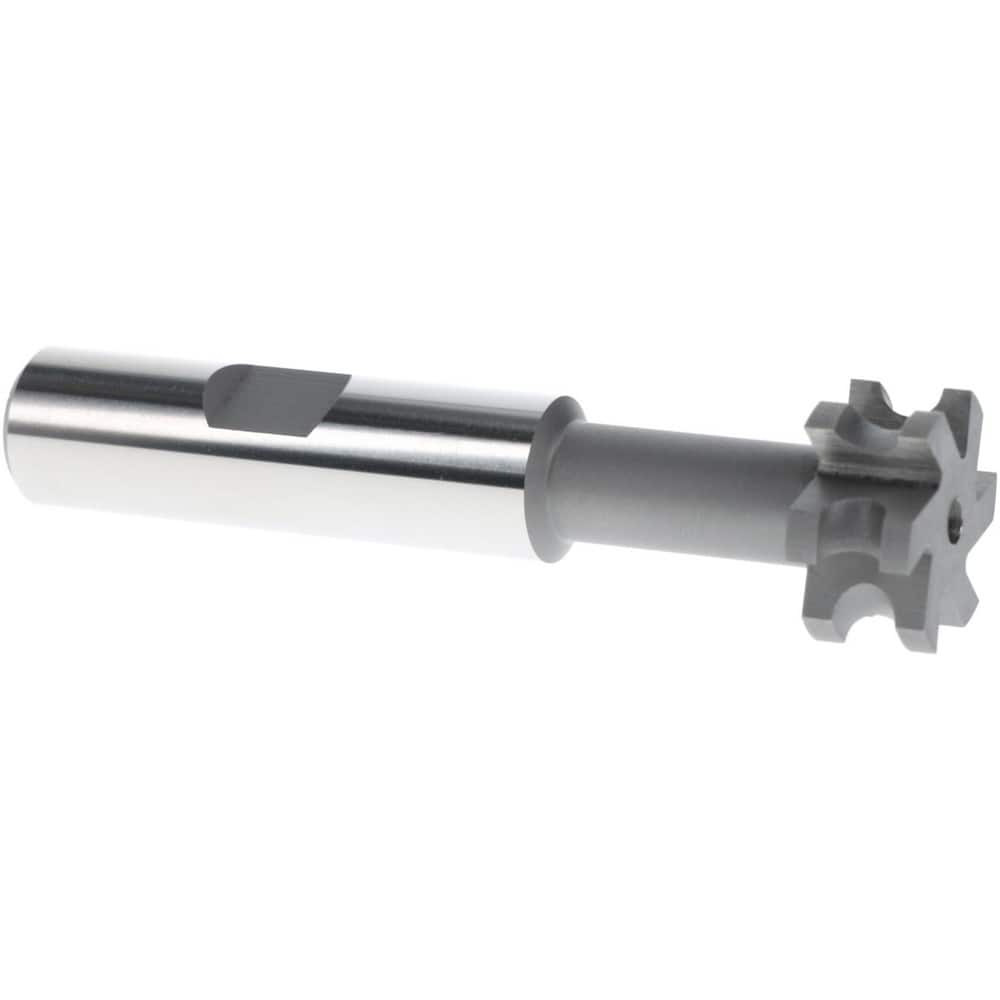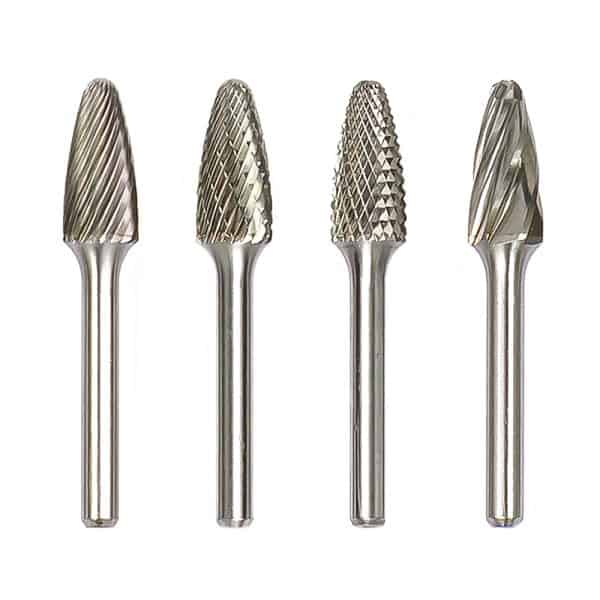gear hob Factories
Gear hob factories specialize in the manufacturing of gear hobs, precision cutting tools used for creating gears, splines, and sprockets. They offer a range of services including hob design, production, sharpening, and reconditioning. These factories cater to diverse industries like automotive, aerospace, and manufacturing, providing solutions for both standard and custom gear cutting applications. This guide provides detailed information about these factories, the gear hobbing process, and factors to consider when selecting a gear hob factory.
Understanding Gear Hobbing and its Importance
Gear hobbing is a machining process for generating gears, splines, and sprockets using a specialized cutting tool called a hob. The hob is essentially a worm gear with cutting teeth. It rotates in sync with the gear blank, gradually cutting away material to form the desired gear tooth profile. This process is highly efficient for mass production of gears and is known for its accuracy and versatility.
The process is a continuous cutting operation, which is why it can produce high-quality gears quickly. The importance of using a reliable gear hob factory becomes apparent when considering the precision needed for gears to function correctly in machinery.
Key Services Offered by Gear Hob Factories
Most gear hob factories offer a comprehensive suite of services related to gear hob production and maintenance:
- Hob Design and Manufacturing: Creating custom hob designs based on specific gear requirements.
- Hob Sharpening and Reconditioning: Restoring worn or damaged hobs to their original cutting performance.
- Coating Services: Applying wear-resistant coatings to extend hob life.
- Gear Cutting Consultation: Providing expert advice on gear design and manufacturing processes.
Factors to Consider When Choosing a Gear Hob Factory
Selecting the right gear hob factory is crucial for ensuring the quality and performance of your gears. Here are some important factors to consider:
Experience and Expertise
Look for a factory with a proven track record in producing high-quality gear hobs. Consider their years of experience, the types of gears they specialize in, and the industries they serve. Wayleading Tools, with years of experience in precision cutting tools, emphasizes expertise as a cornerstone of its operation.
Manufacturing Capabilities
Ensure the factory has the necessary equipment and technology to meet your specific needs. This includes CNC hobbing machines, grinding machines, and inspection equipment. Consider the range of materials they can work with and the maximum gear size they can produce.
Quality Control
A robust quality control system is essential for ensuring the accuracy and consistency of gear hobs. Ask about the factory's quality certifications (e.g., ISO 9001) and the procedures they use to inspect and test their products. They should be able to provide documentation of dimensional accuracy and material properties.
Materials Used
The material used in a gear hob directly impacts its performance and lifespan. Common materials include high-speed steel (HSS) and carbide. HSS is a cost-effective option for general-purpose applications, while carbide offers superior wear resistance and is suitable for high-speed machining of hardened materials.
Here's a comparison of HSS and Carbide:
| Material | Hardness | Wear Resistance | Cost | Application |
|---|---|---|---|---|
| HSS | Relatively Lower | Good | Lower | General-purpose gear cutting |
| Carbide | Higher | Excellent | Higher | High-speed machining, hardened materials |
Lead Time and Delivery
Consider the factory's lead time for producing gear hobs, especially if you have urgent requirements. Inquire about their shipping options and delivery reliability. Efficient logistics are crucial for minimizing downtime.
Cost
Obtain quotes from multiple gear hob factories and compare their prices. While cost is an important factor, prioritize quality and performance over price alone. A low-quality hob can lead to premature gear failure and increased costs in the long run.
The Gear Hobbing Process: A Detailed Look
Preparation
The gear blank is prepared to the required dimensions. This usually involves machining the blank to a specific diameter and length.
Mounting
The gear blank and the hob are mounted on the hobbing machine. The hob is positioned at a specific angle, known as the helix angle, to match the desired gear tooth profile.
Cutting
The hob and the gear blank are rotated in synchronization. As the hob rotates, its cutting teeth remove material from the gear blank, gradually forming the gear teeth. The process continues until all the teeth are cut to the desired depth and profile.
Finishing
After hobbing, the gear may undergo additional finishing operations, such as deburring, grinding, or honing, to improve its surface finish and accuracy.
Applications of Gear Hobs
Gear hob factories produce hobs used in a variety of industries:
- Automotive: Manufacturing gears for transmissions, differentials, and other drivetrain components.
- Aerospace: Producing high-precision gears for aircraft engines, actuators, and control systems.
- Manufacturing: Creating gears for machine tools, robotics, and industrial equipment.
- Medical: Manufacturing gears for surgical instruments and medical devices.
Working with Wayleading Tools
Wayleading Tools is a provider of precision cutting tools, including gear hobs. If you require high-quality gear hobs, you can visit their website at www.wayleading.com to learn more about their product offerings.
Conclusion
Choosing the right gear hob factory is essential for producing high-quality gears that meet your specific requirements. By considering the factors discussed in this guide, you can make an informed decision and ensure the success of your gear manufacturing projects. Understanding the gear hobbing process, the types of hobs available, and the key considerations for selecting a factory will enable you to optimize your gear production and achieve superior results.
Related products
Related products
Best selling products
Best selling products-
 HSS Inch 4 Flute End Mills With Bright Or TiN And TiAlN Coated
HSS Inch 4 Flute End Mills With Bright Or TiN And TiAlN Coated -
 Metric ER Collets – High Precision, for Milling Applications
Metric ER Collets – High Precision, for Milling Applications -
 HSS Threading Taps – ISO 529, Straight Flute, Spiral Flute & Spiral Point
HSS Threading Taps – ISO 529, Straight Flute, Spiral Flute & Spiral Point -
 Straight Shank ER Collet Chuck Holders With Extending Rod
Straight Shank ER Collet Chuck Holders With Extending Rod -
 HSS Keyway Broach With Metric And Inch Size, Push Type
HSS Keyway Broach With Metric And Inch Size, Push Type -
 Type E Heavy Duty Deburring Tool Set With Deburring Holder And Deburring Blade
Type E Heavy Duty Deburring Tool Set With Deburring Holder And Deburring Blade -
 High Precision BT-ER Collet Chuck – CNC Tool Holder, Spring Type, ER16–ER40
High Precision BT-ER Collet Chuck – CNC Tool Holder, Spring Type, ER16–ER40 -
 APKT Milling Insert For Indexable Milling Cutter
APKT Milling Insert For Indexable Milling Cutter -
 Precision Expanding Mandrel From 9/16″ to 3-3/4″
Precision Expanding Mandrel From 9/16″ to 3-3/4″ -
 Precision Vernier Caliper Of Metric & Imperial For Industrial
Precision Vernier Caliper Of Metric & Imperial For Industrial -
 Type E Oval Tungsten Carbide Rotary Burr
Type E Oval Tungsten Carbide Rotary Burr -
 HSS Inch Concave Milling Cutter For Industrial
HSS Inch Concave Milling Cutter For Industrial
Related search
Related search- bench vice Supplier
- 3pcs indexable countersink Manufacturers
- Cut Off Holder Factories
- digital caliper Manufacturers
- Wholesale sxmt insert
- self centering lathe chuck Factories
- UN threading insert Manufacturers
- MTJN turning tool holder Manufacturers
- High-Quality SDHC turning tool holder
- Wholesale machine cutting tools










